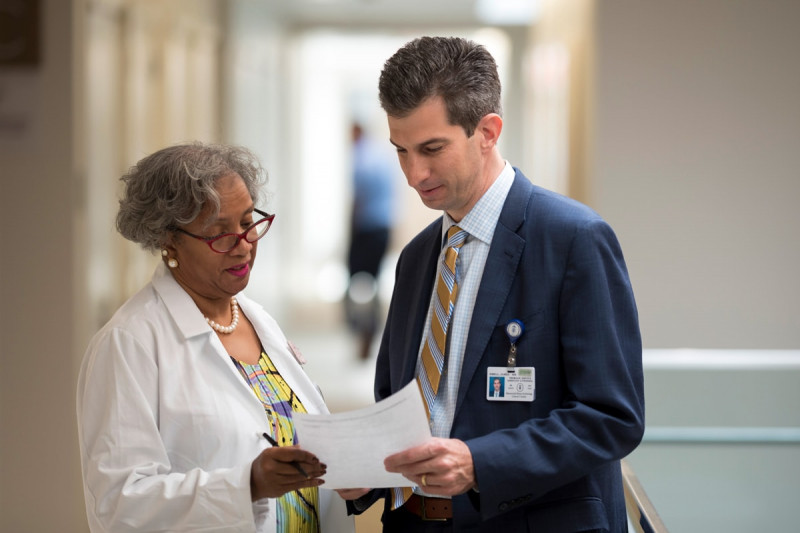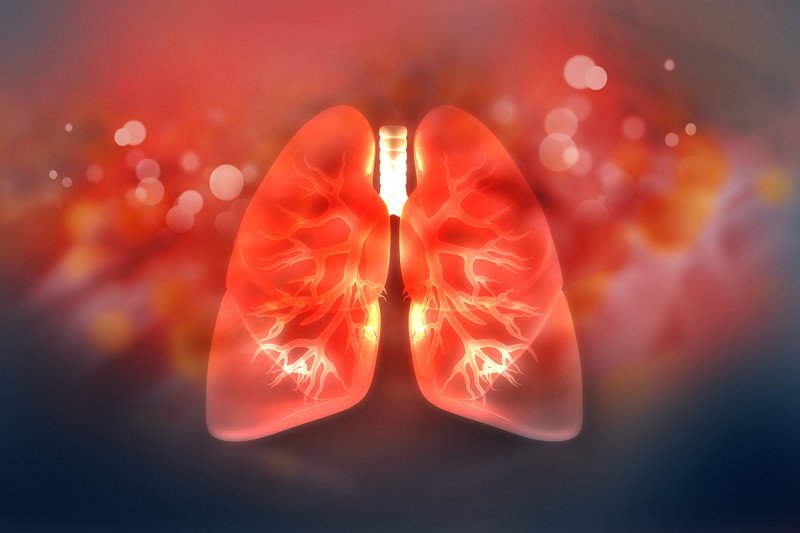
Your Partner in Innovative Cancer Care
Together with you – the healthcare professional in practice or training – we’re finding the answers, insights, and treatment options that people with cancer deserve.
Clinical Trials
View all clinical trials
At any one time Memorial Sloan Kettering is running hundreds of clinical trials. Through these studies we can improve care for people with all types of cancer. Browse the MSK clinical trials that are currently enrolling new patients.
Search for a trial by disease type:
Prediction Tools
View all nomograms
MSK’s researchers have developed prediction tools known as nomograms. These tests can help people with cancer and doctors make treatment decisions. The tools can be used to predict cancer outcomes. Nomograms also assess an individual’s risk based on the characteristics of their specific disease.
Browse nomograms by disease type:



